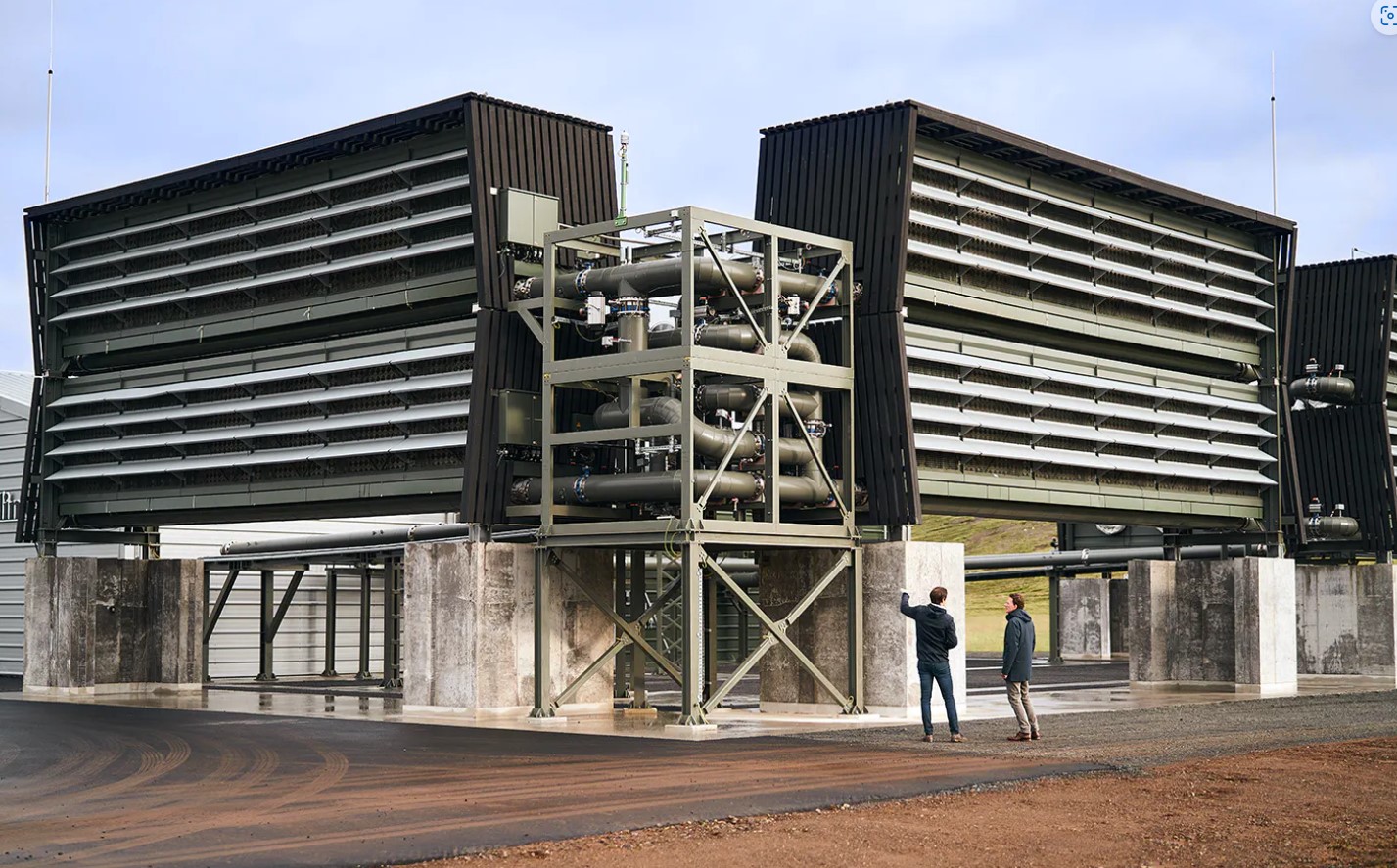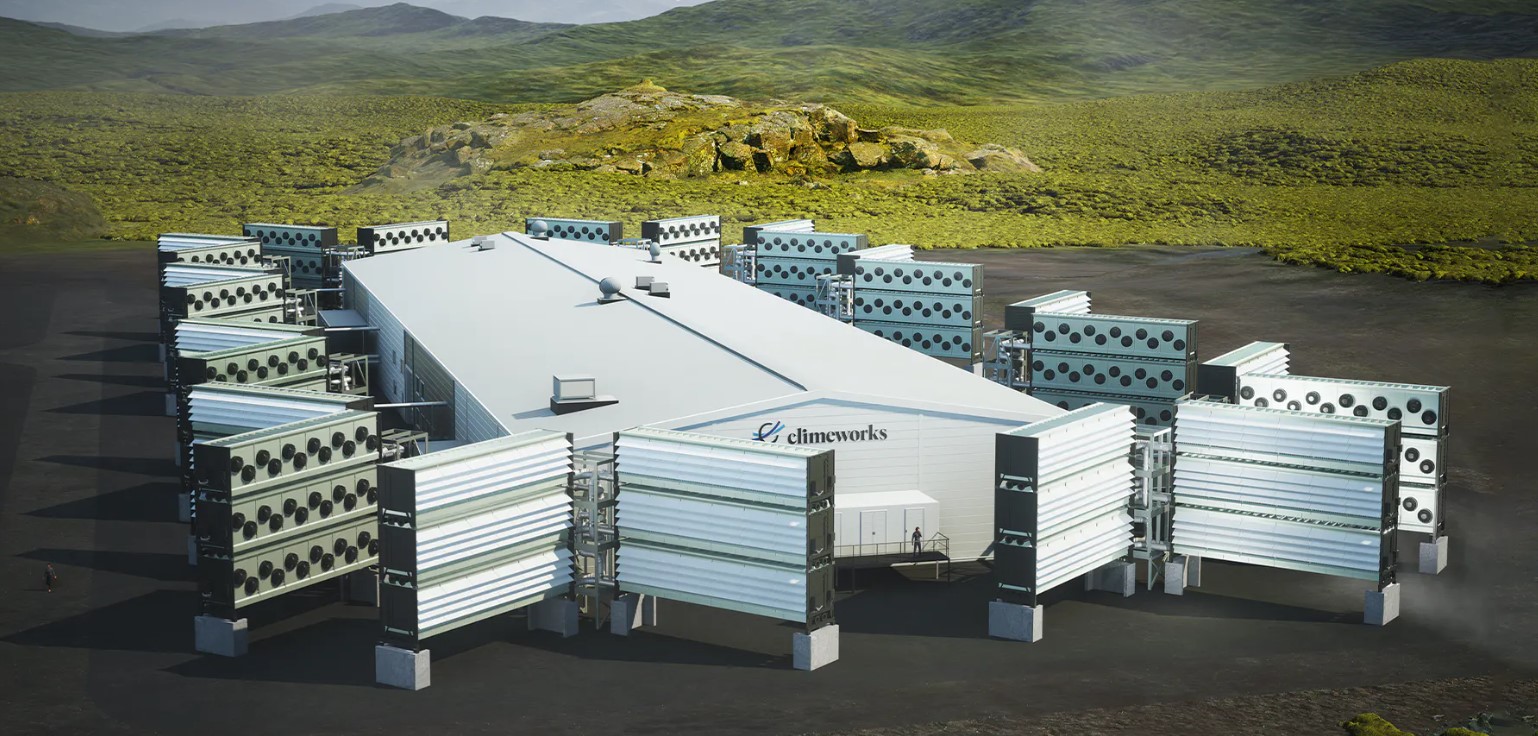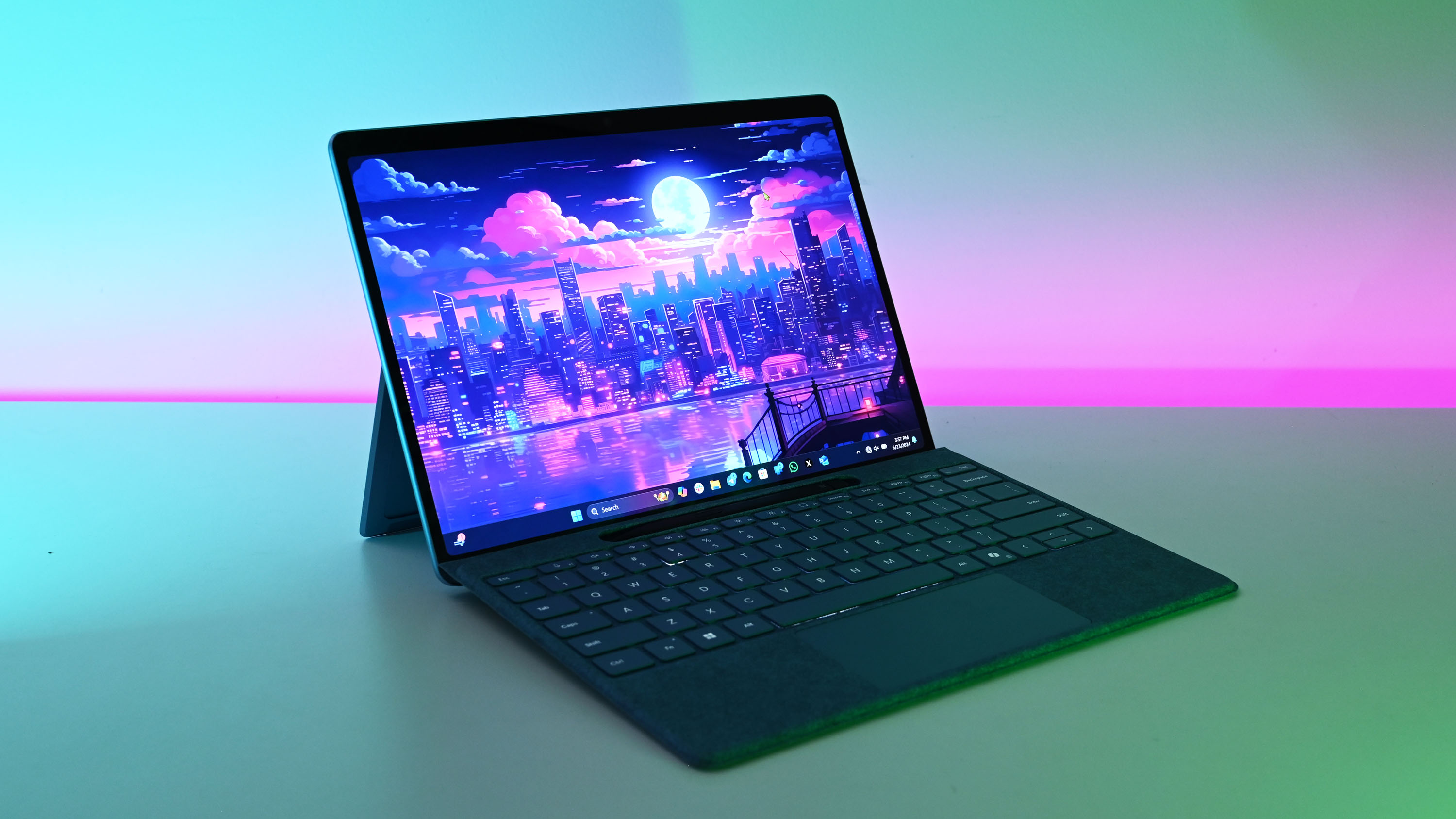Microsoft's investments in Climeworks are officially starting to pay off
But there's a long, long way to go.

One of Microsoft's big bets for the future of sustainability is starting to bear fruit. Delicious carbonated fruit, that is.
Climeworks is one of Microsoft's big green tech investments. A couple of years ago, we caught up with Microsoft to learn about how the team is looking to achieve a carbon-negative status across its entire supply chain, both in terms of the creation of its products, and even the home use of products like Windows and Xbox. Microsoft recently shipped an update to Xbox consoles to set them into shutdown mode by default, which should not only save you money, but it should also serve to reduce Microsoft's carbon footprint by a large amount as well.
Still, it's a drop in the ocean compared to the overall usage of fossil fuels. The general scientific consensus is that if we fail to prevent global rising temperatures, we stand to heavily disrupt our comfortable way of life, creating erratic weather patterns that will also threaten food security. Permafrost areas will melt, releasing even more carbon into the atmosphere, trapping warmth, and creating a vicious cycle of planetary heating. Earth has survived worse, but humanity, perhaps not so much.
In any case, there are positive signs with regard to the fight against climate change. Climate investments have historically matched fossil fuel investments for the first time this past week, to the tune of $1 trillion dollars. Additionally, one of Microsoft's early investments in future tech for the fight against climate change has just received an official stamp of approval.
Climeworks is a start-up based in Iceland, and its aim is to build large vacuums that literally suck carbon out of the atmosphere and convert it into inert minerals deep underground, essentially storing it.

This past week, Climeworks announced that it received third-party scientific verification that its storage systems work. Climeworks co-CEO Christoph Gebald reiterated that this was an important first step on its journey to hit a gigaton carbon capture scale.
"On Climeworks' journey to gigaton scale, providing our first corporate customers with CDR services is an exciting milestone we're proud to reach with the rigorous validation of a certifying 3rd party. It demonstrates we want to do the right things but also do them the right way."
Climeworks co-CEO Christoph Gebald
Climeworks tech is still in its absolute infancy, oft compared to where solar and wind turbines were in the 1980s. Climeworks says that its service removes around 4,000 tons of CO2 from the atmosphere per year as a result of its work. Scientific models suggest that over 200 billion tons of carbon removal are needed to reduce Earth's temperature by just 0.1C, however.
Get the Windows Central Newsletter
All the latest news, reviews, and guides for Windows and Xbox diehards.
So, Climeworks and other similar carbon capture systems represent a tiny fraction of the global effort that is required to reverse current trends, with today's technology. Climeworks' proposed second plant, codenamed Mammoth, would increase its carbon capture capacity to 36,000 tons per year. As the technology improves, it's feasible to see a future where these carbon capture facilities become a key component of offsetting humanity's carbon emissions.
Microsoft and other Climeworks customers, which include Shopify and Stripe, purchase carbon credits from Climeworks to offset their own operations' emissions. These types of investments from Microsoft and other large corporations are absolutely key to ensuring that these start-ups can get off the ground and ultimately scale.
You can get involved with Climeworks yourself as an individual, and purchase credits to offset your own carbon footprint.

Jez Corden is the Executive Editor at Windows Central, focusing primarily on all things Xbox and gaming. Jez is known for breaking exclusive news and analysis as relates to the Microsoft ecosystem while being powered by tea. Follow on Twitter (X) and Threads, and listen to his XB2 Podcast, all about, you guessed it, Xbox!
